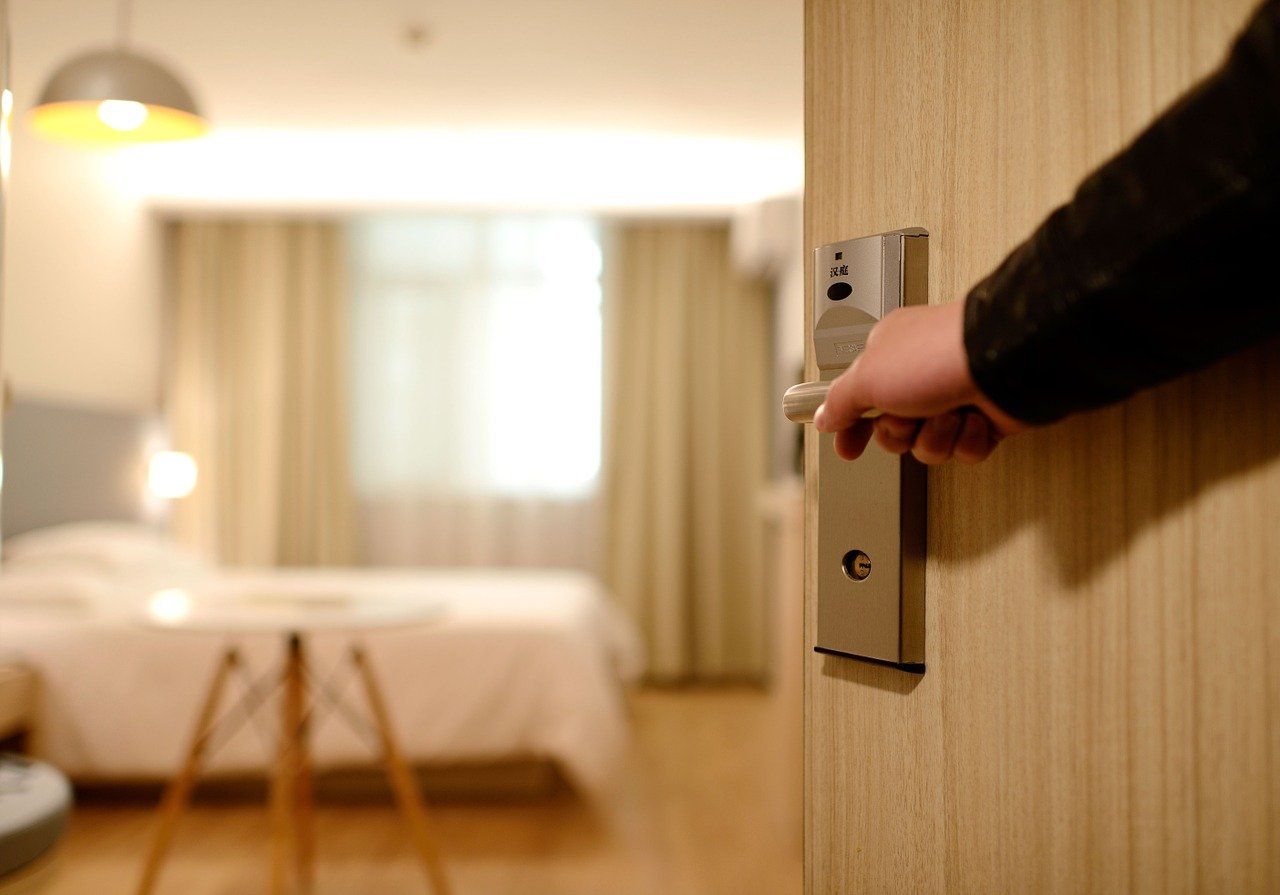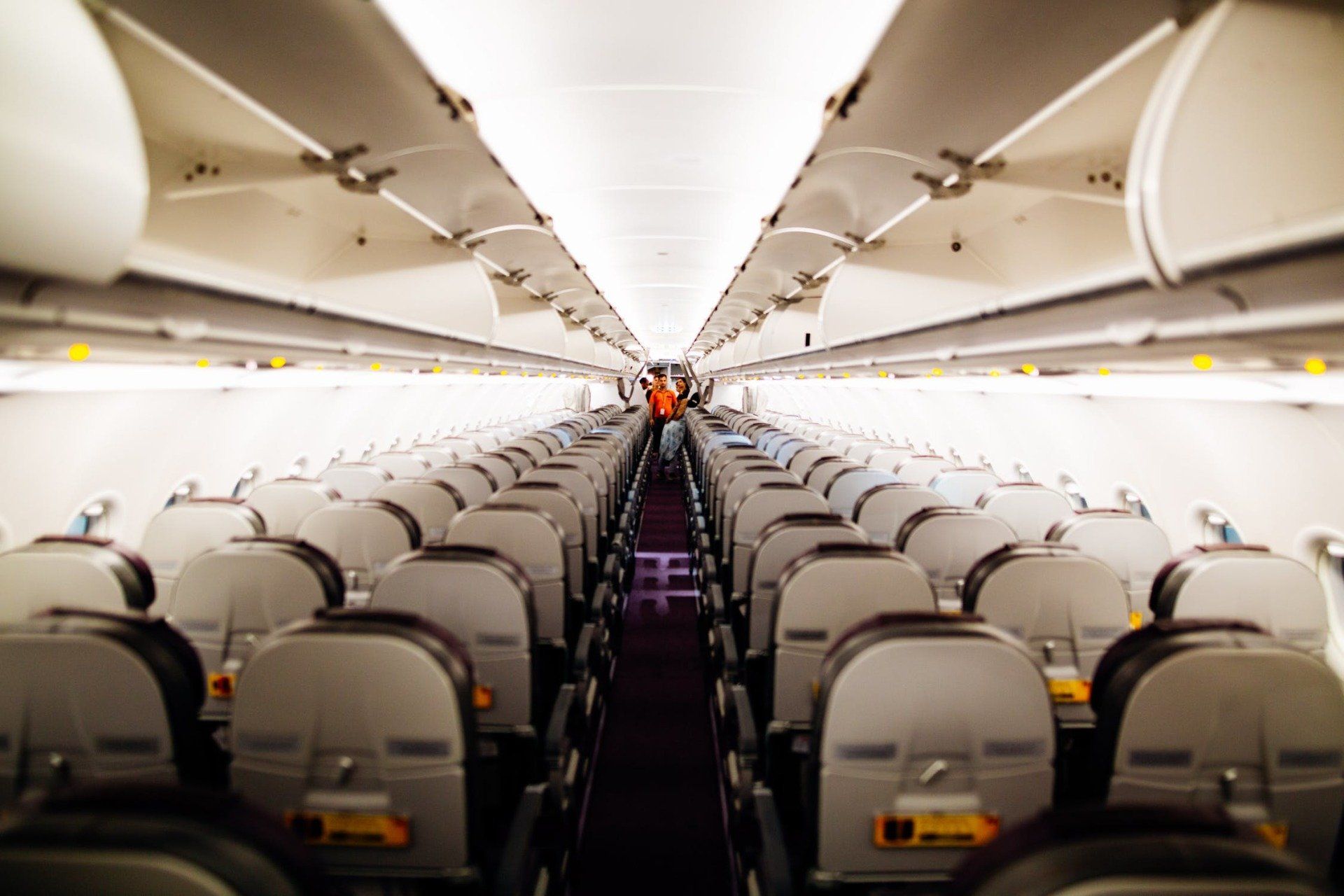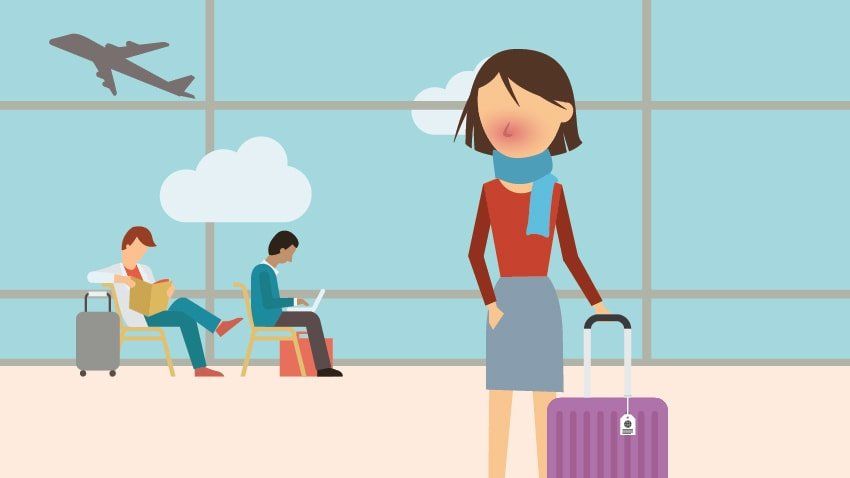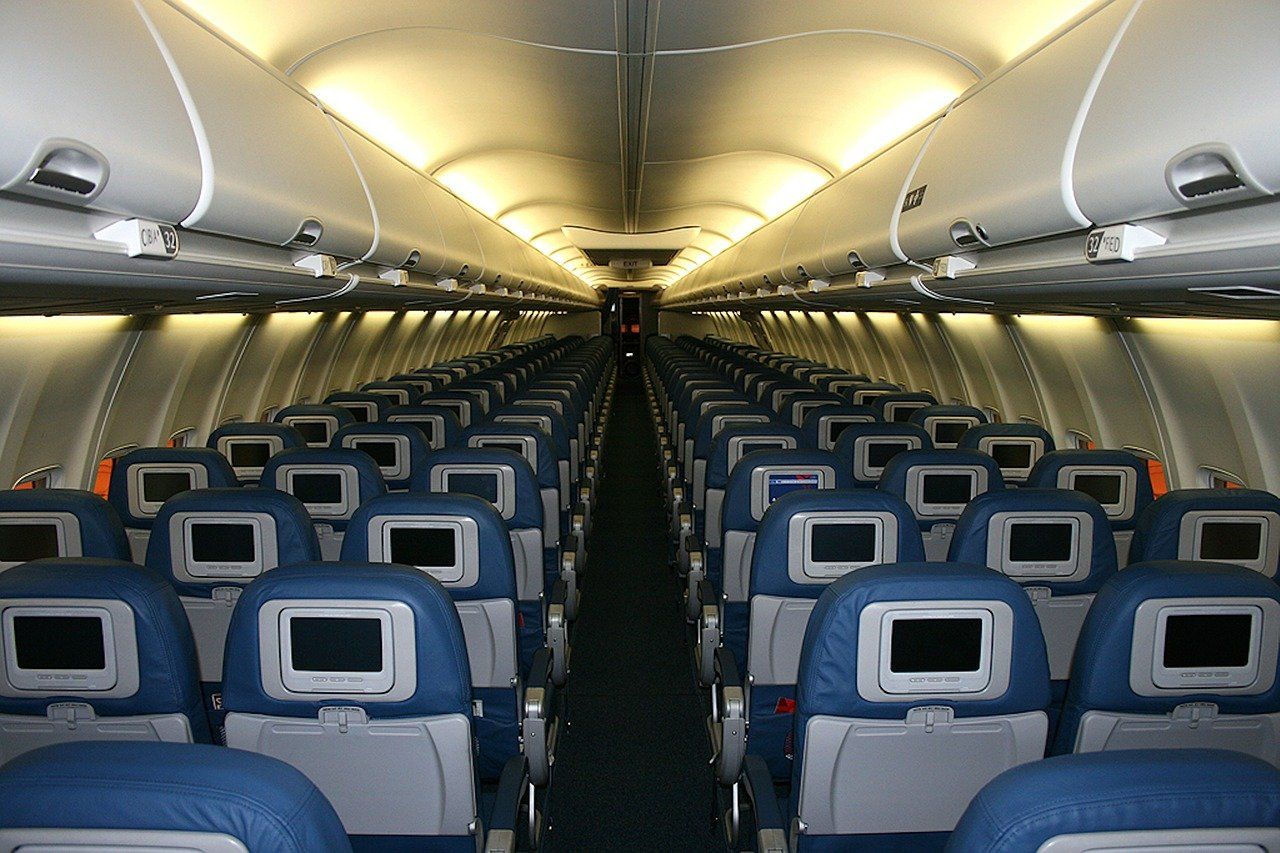5 Easy Methods to Overcome Flight Anxiety

Anxiety is something some of us deal with on a daily basis. Unfortunately, this feeling often accompanies us during stressful time periods, like traveling; air travel, specifically. This condition is called aviophobia. Regardless of how debilitating the symptoms are, it’s always an unpleasant experience to be riddled with anxious thoughts whilst being packed into a tight space for a few hours at a time. Let’s go through some simple yet effective methods to reduce in-flight anxiety and hopefully overcome it altogether.
Identify Your Fear
The first step to coming up with a solution is identifying the problem. Because it can be challenging to fight anxiety with generalized methods, it’s recommended you find out what activities trigger your anxiety specifically. For example, is the dense seating arrangement making you uncomfortable? Is it the fact that you’re flying in the air and an unforeseen failure resulting in a crash is plausible? Once the trigger is recognized, it’s time to get logical. Sit down in a distraction-free environment before flying and critically think about your phobia. It is irrational to let anxious thoughts overwhelm your mind over otherwise little issues, like being closely packed together next to other passengers. It’s an annoyance, sure, but there’s nothing to reasonably worry about. Thought processes like that can prove to be useful in situations that appear to be anxiety-causing at first glance.
Know the Facts
According to the New York Times, roughly 40 percent of airline passengers have a fear of being involved in a crash. However, the reality is that this fear is statistically unfounded. The Economist estimates the chance of your plane crashing is one in 5.4 million. Depending on what study you believe, the results seem to be similar: extremely unlikely. Also, even if you were to crash, there’s still a whopping 96% chance you’ll survive, according to the National Transportation Safety Board. All of this means you’re much more likely to be in a fatal accident during the car ride to the airport instead of on your flight. Yes, there is a chance your plane will crash; however, the probability of it happening is so slim that it isn’t worth compromising your mental health by stressing out.
Avoid Coffee at All Costs
It’s understandable — you want your morning cup of Joe before that dastardly early-morning flight with a long layover. You might want to reconsider that pre-flight hot drink, though. The reason is that caffeine will make your body dehydrated; a most unwelcome feeling when one is trying to avoid anxiety. It’s best to, instead, carry on light snacks and a bottle of water to sip from. Make sure you drink your water slowly because fast consumption can yield another undesired effect: nausea. So, in short, eat light and drink slow. And why not take advantage of the lack of caffeine in your system and take an in-flight nap?
Diversions, Diversions, Diversions!
Distracting yourself from your fear is crucial. When you’re on an airplane, you’re left to your own devices – literally. Carry your smartphone on the plane and enjoy a relaxing puzzle game, for instance. If gaming isn’t your thing, throw on some music or a movie. Any form of media consumption that’s immersive enough to get your mind off of your mid-flight status is beneficial. Focusing on other things can be daunting in stressful situations. It’s important to remember to enjoy your activity and view it as something you want to do rather than something circumstantially forced upon you.
Memorize Relaxation Techniques
If your plane doesn’t feature in-flight WiFi, you’re going to want to download or memorize various relaxation techniques so that you can recall them and put them into effect on the plane. The best techniques seem to be those surrounding breathing. For example, breathing in through your nose and then slowly releasing it for four seconds will ease your mind temporarily. Then, take that time to rationalize your thoughts. Go back to step one and think about your situation objectively: is it logical to worry this much about something like air travel?
Taking control and suppressing needlessly anxious thoughts through rationale can be liberating, especially for someone who deals with problems like this every day. Hopefully, these five steps will guide you to a more pleasant flying experience in the future. Safe travels!











